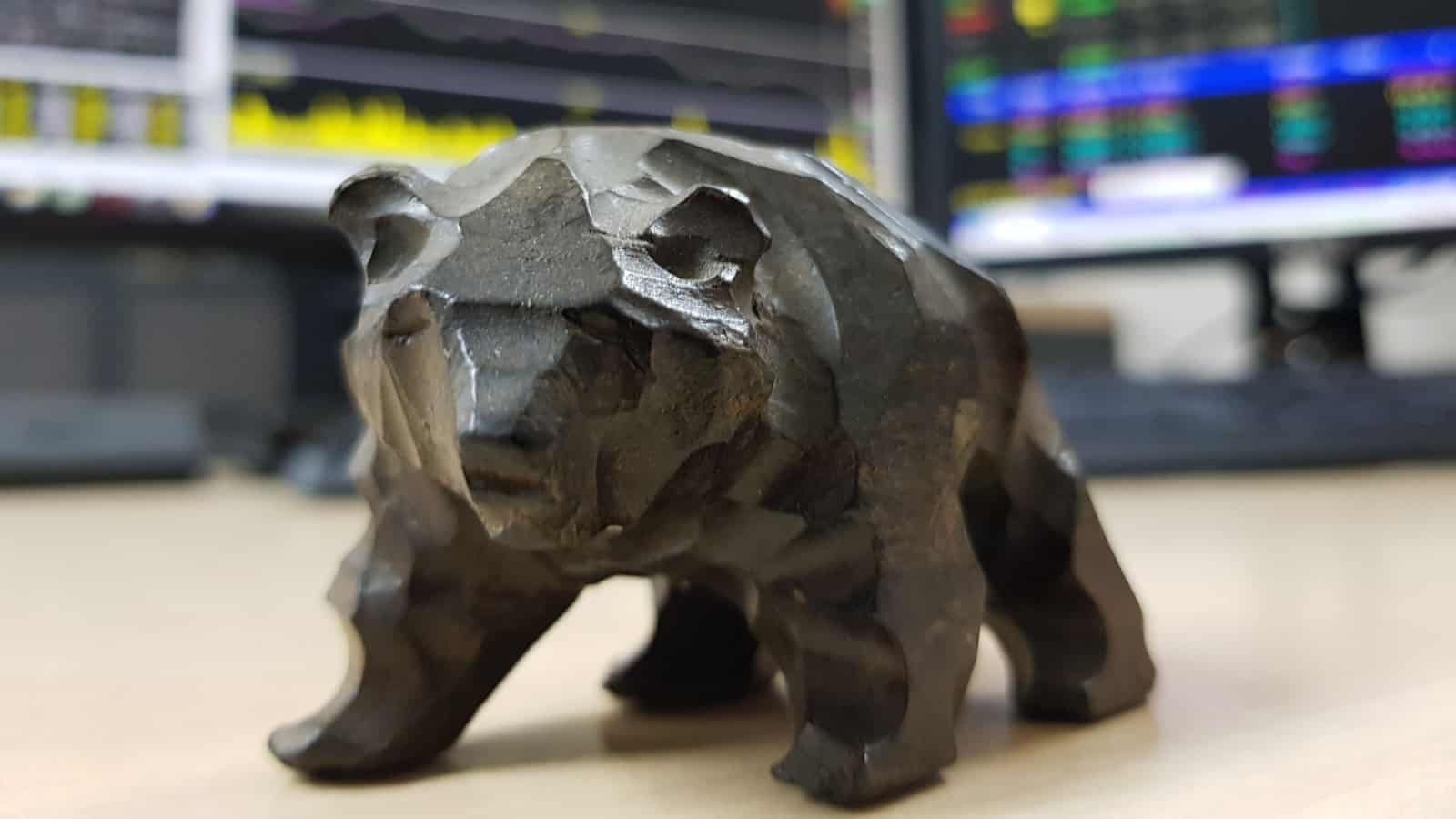Scottish Mortgage Investment Trust (LSE: SMT) has been one of the worst performing companies in the FTSE 100. Over the past 12 months, its share price has fallen 35%. As a result, it now trades at a sizeable discount to its net asset value. So should I buy?
Tech wreck
Between 2011 and 2021, the Scottish Mortgage share price rose over 900%. This made it by far the best performing global trust over that timeframe.
The trust developed a knack for investing in nascent companies, which subsequently went on to see extraordinary share price gains. Tesla being the most famous of them all.
Should you invest £1,000 in Legal & General right now?
When investing expert Mark Rogers has a stock tip, it can pay to listen. After all, the flagship Motley Fool Share Advisor newsletter he has run for nearly a decade has provided thousands of paying members with top stock recommendations from the UK and US markets. And right now, Mark thinks there are 6 standout stocks that investors should consider buying. Want to see if Legal & General made the list?
An investment strategy built on investing in early-stage start-ups worked in an ultra-low interest rate environment. But as US rates went from zero to 4% in 2022, many of its investments nosedived.
Its fall from grace has called into question the competence of its managers, Tom Slater and Lawrence Burns. Only last week, its chairman resigned. This follows a dissenting director who resigned in protest over the direction of the trust’s investment strategy.
Green shoots?
Despite its recent woes, the trust continues to have its admirers, particularly among retail investors. Recently, its shares were the most bought on the Interactive Investor platform. Indeed, throughout 2022, it was never outside the top 10.
Many of the trust’s biggest holdings have seen a recovery recently. Tesla and Nvidia, for example, have almost doubled in price. However, such bounces are not unusual during bear markets.
During 2021, the market capitalisation of the top 10 stocks was over twice the GDP of the US economy.
Despite the falls seen in 2022, today, valuations in US equities remain above their long-term historical average. Indeed, they are still trading at the levels reached during the peak of the tech bubble.
Bear market rally
In January, the S&P 500 had its best start to the year in 22 years. It was like a feeling of déjà vu. All of a sudden, we saw a surge in interest in meme stocks and one-day expiration options. Cathie Wood’s ARKK Innovation ETF shot up.
When the tech bubble burst in 2000, there were eight separate instances where markets rallied by 15%, or more. In other words, there were eight bear market rallies. However, the S&P did not find a bottom until 2002.
Bear market rallies destroy wealth by sucking in money. Investors believe the worse is over, but then suddenly find the rug being pulled from under their feet. I believe we are in a similar environment today.
Valuations remain at extreme levels, particularly among the mega-caps. The likes of Apple, Microsoft, Nvidia and Amazon are likely to see earnings estimates continue to fall in the near future.
The problem I have with Scottish Mortgage is that it shows no signs of altering its investment strategy to this new reality. In a world of rising cost of capital, I find it hard to believe that unprofitable tech start-ups will thrive.
Whether the stock will fall further, I don’t know. But I am fairly confident that its days of heady growth are over for some time. I won’t be investing.








